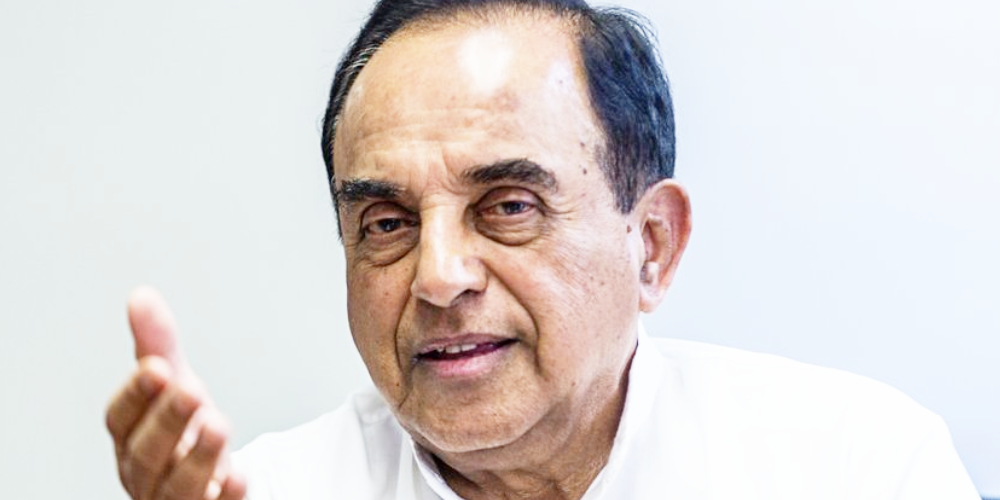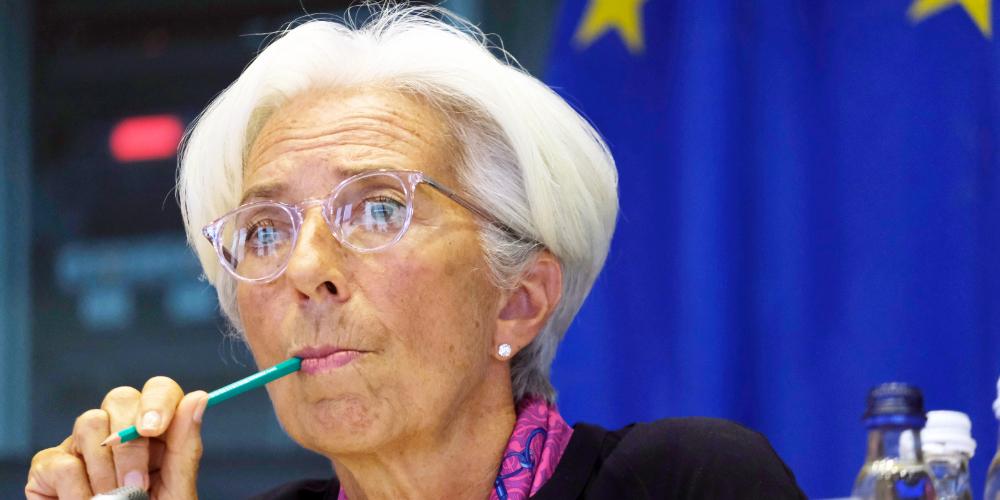In this regulatory roundup, we cover a positive crypto story in India, China’s year-end rankings, and the European Central Bank entering the stablecoin race. We also cover the New York regulator’s proposed Bitlicense revision — the first in five years — and several other notable regulatory developments in the crypto space.
Also read: Regulatory Roundup – Bitcoin Futures Fund Approved, India’s RBI-Backed Digital Currency
Crypto Is ‘Inevitable’ in India
As the Indian government is deliberating on the country’s crypto policy, a prominent member of India’s parliament, Dr. Subramanian Swamy, said that “cryptocurrency is inevitable.” His remark followed the statements made by the governor of the Reserve Bank of India (RBI) last week regarding cryptocurrencies and digital rupees. Dr. Swamy further said: “I advocate that India as an established super power in software should accept to make the transition to cryptocurrency.” He will chair a conference that will take place at UN India’s headquarters on Dec. 18 where cryptocurrency will be discussed.

NY Proposes New Rules, IRS Still Undecided
In the U.S., the New York State Department of Financial Services (DFS) has proposed new Bitlicense rules to streamline the requirements for licensees seeking to list new coins. This is the first review of the regulation in five years. The DFS proposes creating a pre-approved list of coins for all licensees to list without having to obtain approval. The coins being considered for the pre-approved list are BTC, BCH, ETH, ETC, LTC, XRP, PAX, and GUSD.
Licensees can also obtain approval for their firm-specific listing policy. Once this policy is approved, the licensee will be able to self-certify the coins they want to list in the future without having to obtain prior approval; they only need to notify the DFS of the intention to list those coins. The regulator added:
All VC [virtual currency] licensees are required to keep DFS informed, no later than at the time of their next quarterly filing, of all coins to be used or offered in connection with their virtual currency business activities.
As for how crypto transactions are taxed in the U.S., the Internal Revenue Service (IRS) has not made up its mind regarding the tax treatment of promotional airdrops, one of several unclear areas from its new tax guidance issued in October. The IRS, however, has started using the new Schedule 1 tax form requiring all tax filers in the country to disclose crypto activities.
ECB Entering Stablecoin Race
The new president of the European Central Bank (ECB), Christine Lagarde, held her first press conference as head of the ECB last week. The former International Monetary Fund (IMF) chief said “there is clearly a demand” for stablecoins and proceeded to outline her plans to lead the ECB “ahead of the curve.” She believes that her plans will be realized by mid-2020.
However, Lagarde said she only knows of one stablecoin at the moment, without specifying which one. A recent EBC report, however, discusses a number of stablecoins including Facebook’s libra, tether, and nubits.

China’s Digital Yuan and Crypto Project Rankings
Chinese news outlet Caijing reported on Dec. 9 that China’s central bank, the People’s Bank of China (PBOC), is preparing to test its digital currency in two cities: Shenzhen and Suzhou. There has been much speculation about when China will release its digital yuan, but the PBOC has not given a timeframe for the launch, noting that more tests and research need to be conducted.
Meanwhile, China’s Center for Information and Industry Development (CCID), under the country’s Ministry of Industry and Information Technology, has released the 15th update of its crypto project rankings — the last one this year. 35 crypto projects were evaluated and ranked for the center’s Global Public Blockchain Technology Assessment Index. EOS still tops the overall ranking, followed by Ethereum and Tron. Bitcoin and Bitcoin Cash have climbed up from the previous rankings.

Denmark’s 20,000 Tax Letters, Sweden’s Approval
Denmark’s tax authority, Danish Skattestyrelsen, has sent out warning letters to about 20,000 cryptocurrency owners, asking for a full breakdown of their transactions and for them to file amended returns if needed. The tax agency obtained information on these traders and all their purchases and sales made between Jan. 1, 2016, and Dec. 31, 2018, from three local crypto exchanges.
Over in Sweden, the Swedish Financial Supervisory Authority has approved the base prospectus filed by Amun AG for an exchange-traded product. Sweden was also in the news last week for its plan to create a central bank digital currency pilot platform. The country’s central bank, the Riksbank, explained that “The primary objective of the e-krona pilot project is to broaden the bank’s understanding of the technological possibilities for the e-krona.”
What do you think of the regulatory developments in this roundup? Let us know in the comments section below.
Images courtesy of Shutterstock.
Did you know you can buy and sell BCH privately using our noncustodial, peer-to-peer Local Bitcoin Cash trading platform? The local.Bitcoin.com marketplace has thousands of participants from all around the world trading BCH right now. And if you need a bitcoin wallet to securely store your coins, you can download one from us here.
The post Regulatory Roundup: Crypto ‘Inevitable’ in India, China Rankings, NY Streamlines Policy appeared first on Bitcoin News.














